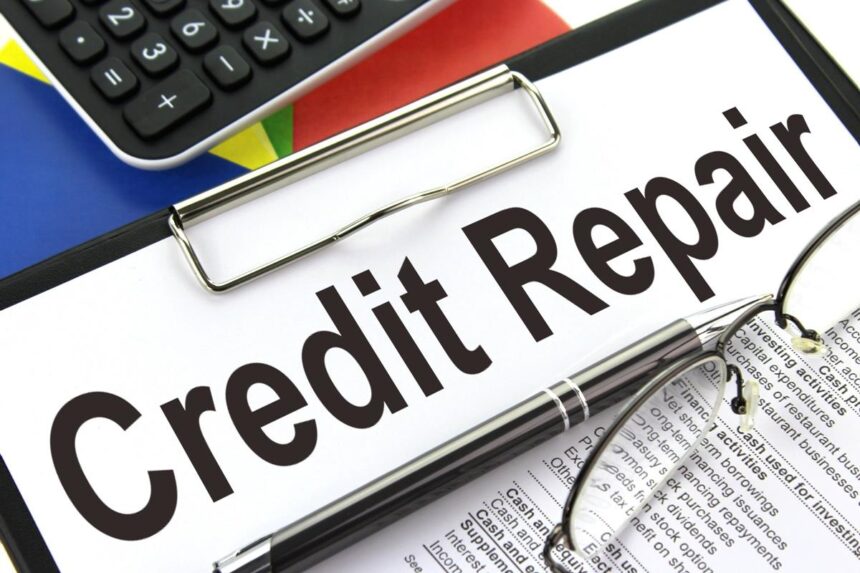How to Take the First Steps to Credit Repair
Taking the first steps to credit repair can be intimidating, but it doesn’t have to be. With a little bit of knowledge and patience, you can set yourself on the path towards better credit and protections against common credit pitfalls. These are the first steps to take for credit repair.
Check Your Credit Reports and Scores
The first and most important step is to check your credit reports and scores. Credit reports are held by the three major credit bureaus: Experian, Equifax, and TransUnion. You can get free copies of your credit reports once a year at annualcreditreport.com. Review your reports carefully and look for discrepancies or items you don’t recognize.
In addition to credit reports, you may find it helpful to check your credit scores. Credit scores often require a fee to view and can tell you a lot about the health of your credit. A good credit score can help you not only get better interest rates on loans, but also open up other opportunities such as better insurance or employment opportunities.
Dispute any Incorrect Items
Once you’ve reviewed your credit report, it’s time to dispute any incorrect items. You can dispute an item for free by sending a letter to the credit bureau that provided the report. Be sure to include your full name, address, and contact information, as well as detailed information on the items you’re disputing. Include any documentation that could help your dispute, such as proof of payment for a debt or evidence of identity theft. You may want to consider hiring a credit repair attorney to help you dispute items, especially if there are multiple items in dispute or the items in dispute are serious.
Pay Down Your Debts
Another important step to take in credit repair is to pay down your debts. The amount of debt you owe in relation to your overall credit limit can impact your credit score, so it’s important to try to keep your debts as low as possible. Try to pay down any high-interest debt first, as this will reduce the amount of interest you ultimately pay. Additionally, it’s wise to pay more than the minimum payment when you can. Paying off your debt sooner will improve your credit score more quickly.
Monitor Your Credit
Finally, once you’ve taken the steps above, it’s important to monitor your credit to ensure that it’s improving. Check your credit score and report regularly to ensure that any discrepancies have been resolved and that your debts are being paid off. You may also want to consider using a credit monitoring service to help you keep track of your credit. Credit monitoring services often provide alerts and notifications when your credit is updated, so you can stay on top of your credit progress.
By following these steps, you can take the first steps towards credit repair and improved credit. With the right knowledge and patience, you can set yourself on a path to better credit and financial freedom.


